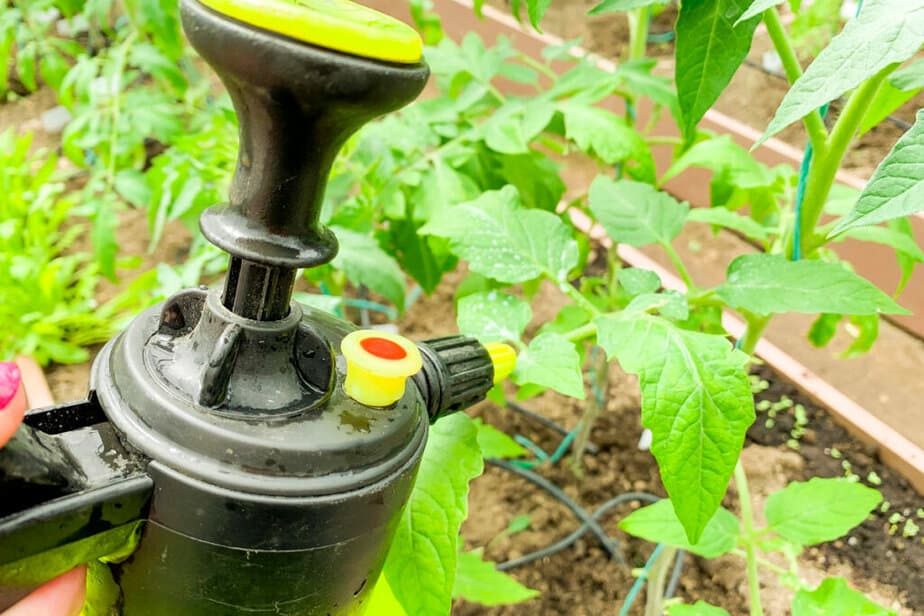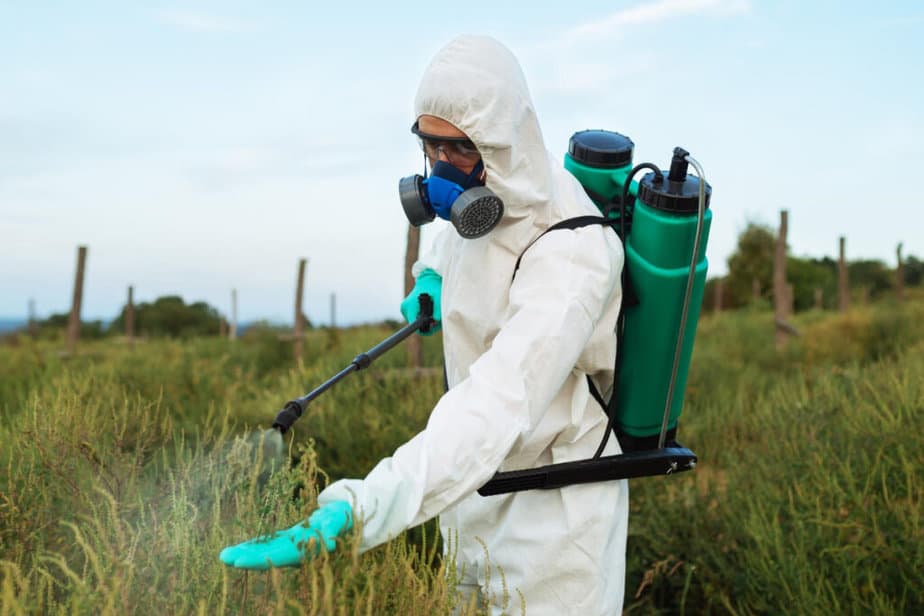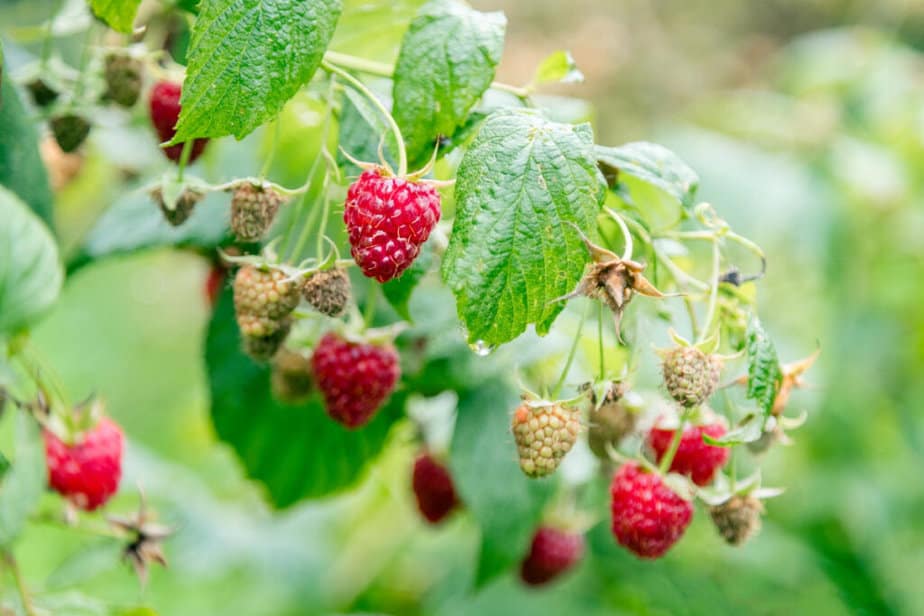Pesticide residues in food are a huge problem. They cause cancer, birth defects, and even death. But how do we know if pesticides are really bad for us? And why should we care anyway?
As a parent, I’m very concerned with the safety of our children. It’s not just because I love them, but also because I want them to live long healthy lives. Unfortunately, many parents aren’t aware of the dangers of pesticide exposure.
This article will discuss how much pesticide there is in food, the health risks, and how to lessen pesticide exposure in food. This information will help you make informed decisions about the food you feed your family.
- Related article: What is the Standard American Diet?

The Pervasiveness of Pesticides
Two and a half million tons of industrial pesticides are used each year around the world to suppress or destroy a variety of organisms considered a nuisance to human beings.
Specifically formulated to be deadly to living organisms, pesticides can be toxic to human beings…and most of them end up in our food and water sources. They include:
- Insecticides, the most widely used of all pesticides, designed to kill insects
- Herbicides that destroy weeds or unwanted vegetation
- Fungicides protect seeds against fungi living in soils
- Bactericides control harmful bacteria
- Virucides suppress viruses
- Nematicides control nematodes (roundworms)
- Miticides kill mites and ticks
- Rodenticides control rodents
Of the more than 800,000 species of insects known to exist, very few are harmful to plants, animals, or human beings.
While pesticides offer some benefits, many question why they are still so widely used. Rather than killing insects, pesticides seem most effective at destroying human health.
Chronic, Long-term Health Effects Of Pesticide Exposure
Chronic health problems linked to pesticides include adverse neurological effects such as a ,fourfold increased risk of early-onset Parkinson’s disease, shortened attention span, memory disorders, and reduced coordination.
They can also lead to reproductive problems, including miscarriages, reduced infant development, birth defects, depression, and some types of cancer.

Acute Health Problems Linked To Pesticide Exposure
Pesticides are especially harmful to children because of their developing physiology. And, relative to their size, they’re exposed to higher amounts of pesticides. Young children tend to put things in their mouths, including dirt and various plants, which may have come into contact with pesticides.
Acute health problems due to organophosphate toxicity – which are sometimes misdiagnosed or not recognized as being associated with pesticide toxicity, include:
- Blurred vision
- Headaches
- Salivation
- Diarrhea
- Nausea
- Vomiting
- Wheezing
- Eye problems
- Skin conditions
- Seizure
- Coma
- Death
Mild to moderate pesticide poisoning mimics intrinsic asthma, bronchitis, and gastroenteritis.
Reducing Exposure To Pesticide Residues In Your Food
While it is nearly impossible to avoid exposure to pesticides completely, there are several things you can do to limit the amount you ingest through your food:
- Wash food with clean water before cooking or eating
- Peel if possible
- Trim fat from meats; some pesticides collect in animal fat
- Cook food as it helps reduce pesticide residues that aren’t removable by washing or peeling
- Eat a variety of fruits, vegetables, and grains since specific pesticides are used for specific crops: eating a variety of food prevents ingesting the pesticide residues a particular food may carry.
Finally, try to buy food grown using “Certified Organic Methods.” While organically grown food is not guaranteed to be totally free of pesticide residues, organic farmers attempt to offer consumers a superior product, by striving to:
- Use agricultural land that has been chemical-free for a number of years
- Avoid synthetic chemicals such as fertilizer, pesticides, antibiotics, food additives, and genetically modified organisms
- Maintain a strict physical separation between organic products and non-certified products
Organic farms undergo unannounced, periodic on-site inspections, and are required by law to keep detailed production records.

Fight Pesticide Poisoning With Colon Cleansing
One of the natural ways the body cleanses itself of impurities is through bowel movements. Once upon a time, multiple bowel movements each day were the norm. Eating high fiber diets and living a less hectic lifestyle resulted in more productivity in the bathroom.
Today, folks in less developed countries still enjoy a lower incidence of constipation than Americans. It’s estimated that the majority of American adults over the age of 50 suffer from constipation.
The end result of more productivity in the bathroom is a quicker elimination of the pesticides and toxins from the colon digestive system, providing less opportunity for them to be absorbed into the body and cause harm.
You might also be interested in these articles:
- Suggested Daily Vitamins in Recommended Daily Allowance (RDA)

